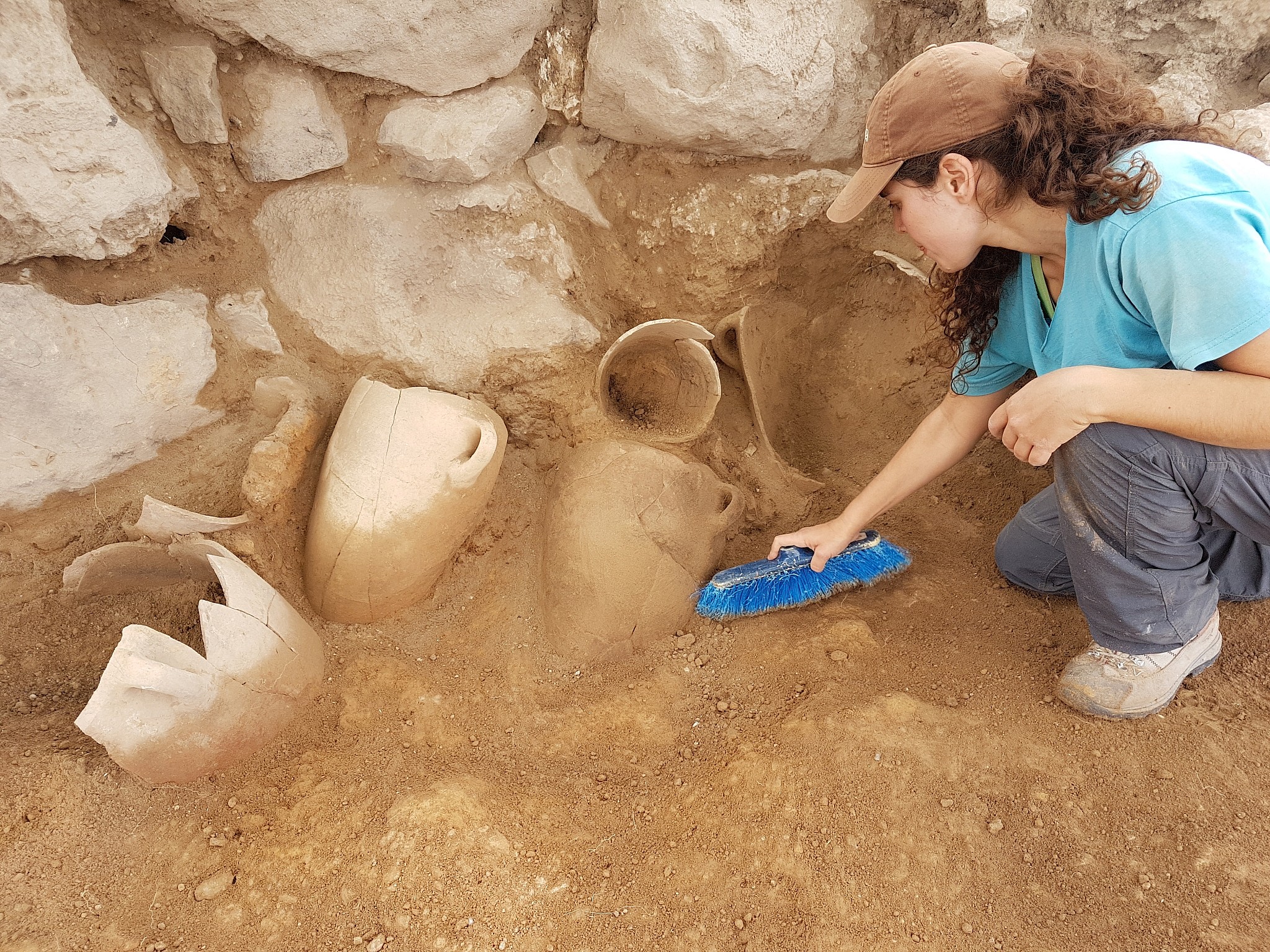Archaeologist

The archaeologist may spend a few months or even a few years at a historic site where he leads excavation teams tasked with uncovering statues, jewelry, coins, or building parts, but before starting the exploration of a site, it must assess its interest from an archaeological point of view on the basis of surveys and surveys and develop an intervention methodology. He documents the type of terrain and consults the sources of information to put the objects in their historical and spatial context. Once on the site, he is the one who directs the excavations. He sets up a team and ensures the relations between the various specialists intervening on the sites: geologist, zoologist, anthropologist… He organizes the site: manages the budget, ensures the material conditions for the stay and the follow-up of the operations. He collects information in the field (selects and sorts objects by hand), checks hypotheses and uses the results. Meticulous and rigorous updating of remains is only one aspect of his activity. The archaeologist must then analyze the results of the excavation: describe, classify and analyze the objects found. He must then share his work in reports or publications.The archaeologist often works on small construction sites, for limited periods of time, as part of parking projects, highway construction, TGV routes, Preventive excavations aim to collect any archaeological objects that may be there to prevent their destruction. In this case, travel is limited to the national territory. Time constraints are heavy. Archaeologists must act quickly so as not to delay development work. Preventive excavations constitute around 85% of the archaeological field activity.
